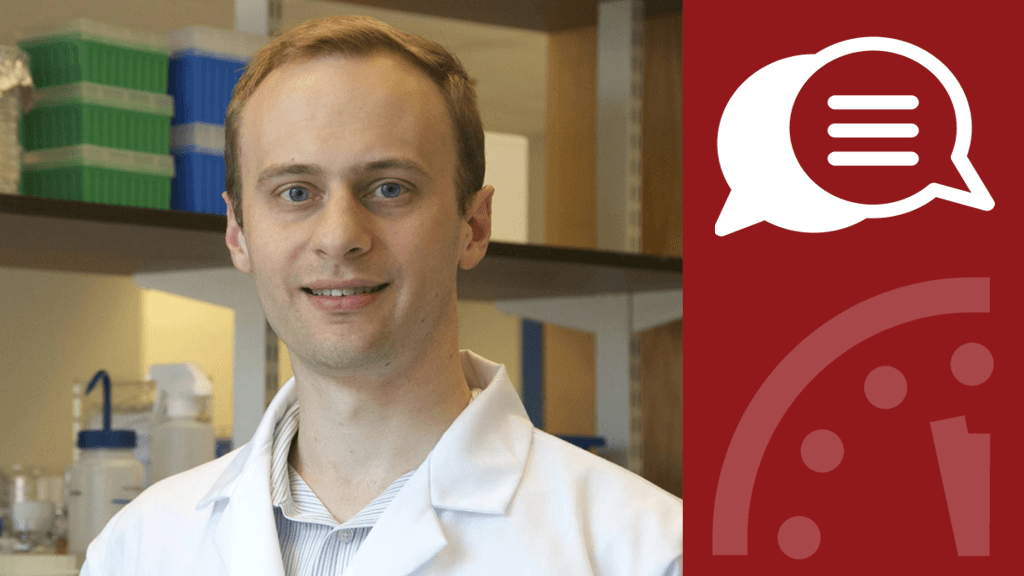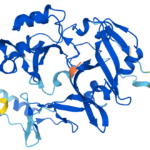Gene drive pioneer Kevin Esvelt tries to make science less secret
By Elisabeth Eaves | March 4, 2018

Several years ago, Kevin Esvelt pioneered the concept of using Crispr and gene drive technology to alter whole species. Today, he is researching ways to limit the spread of introduced gene drives and advocating for transparent and responsive science. In this interview, he discusses how and why to make science more open, and much else. Esvelt is an assistant professor in the MIT Media Lab, where he runs the Sculpting Evolution Group. Read this interview in the March/April issue of the digital Journal.
Together, we make the world safer.
The Bulletin elevates expert voices above the noise. But as an independent nonprofit organization, our operations depend on the support of readers like you. Help us continue to deliver quality journalism that holds leaders accountable. Your support of our work at any level is important. In return, we promise our coverage will be understandable, influential, vigilant, solution-oriented, and fair-minded. Together we can make a difference.
Issue: Bulletin of the Atomic Scientists Volume 74 Issue 2
Keywords: Crispr, ecological engineering, gene drive, science, transparency
Topics: Disruptive Technologies, Interviews















